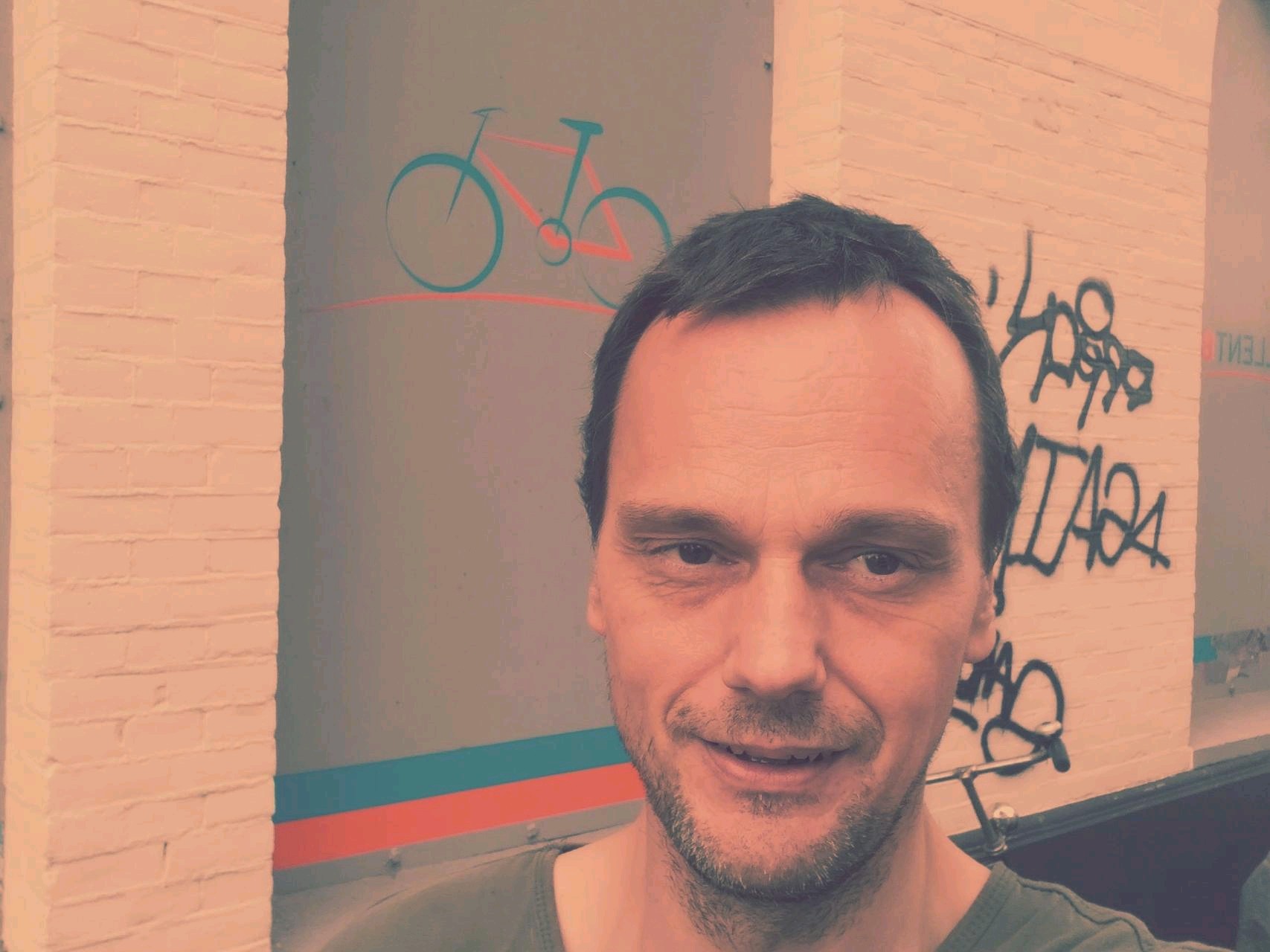Yes I have pic, do you?
- INOVERTED

- Jul 21, 2020
- 3 min read

A compromised reality
Being a (former) editorial image maker I try to formulate an opinion in the debate around image usage without accreditation. Images that can be seen in media such as newspapers, magazines and on the internet or in apps often exist (partly) from generated sources and compilated material that is not credited to an image maker.
There is a much larger quantity of news- and information sources nowadays. On social media, Instagram, Whatsapp, Twitter, Facebook etc. images such as emoticons, giphy's en memes and banners can often be seen that mostly offer the consumer a sentiment or an opinion rather than an actual portrayal of an event at a certain time. Meanwhile lower quality spam accounts mostly offer anonymous images and compilations that are not accredited. This is all depending on settings and the quality of the connections of the consumer.
Donald Trump, elected in 2016 as the president of the United States of America is by many seen as a protagonist of a new era in politics taht is driven by data journalism and news fabrications or fake news. Around the time of his taking office it was published that his person could be generated fully by using computer simulations or artificial intelligence. This gives way to many doubts and questions surrounding the credibility of news sources and governments these days. (Along with the many disinformation and confusion techniques that were adopted this past decade since the economic crises just before.) More and more often, we, as consumers get to see a mixture of 'real,' accredited photography, illustrations and video or even 360-degrees-cams and drones as well as generated images and royalty free stock images This category of images, stock images, offer the publisher a vast database with millions of images that can be searched by keyword, a developments that has created more distance between the publisher of the content and the maker of the image. With selfies, cam reality and metrics present we tend to become more involved with our own life and that of individual others. The subject requires a public debate and some regulation on the qualities that matter the most when consuming information and news.
Spoilt with a choice
Historically, corrected and manipulated photo's have been unanimously found to be avoided at all cost for as not to be partial to propaganda and censorship or have the ability to change historic data and prevent unclarity or uncertainty about historic events. New techniques play an important part in this issue while 360-degrees-cameras and drones make it easier for consumers to share their own images online as well. Subjects can be seen from a multiple of angles by this technique and offer a very detailed impression that can sometimes be updated automatically. That along with highly detailed retina displays influence the way we look at images or will potentially look at them in the future. These techniques have caused a large number of professionals in photography and image making to have to give up their practice. Dealing with rights of portraiture and copyright are considered a hassle when an anonimised alternative is available at the click of a mouse.
Soccer, music, news and pornography are industries affected by a situation which is moving toward a big collaborative deal with image conglomerates that are hard to compete with. That has left us with bland and boring audiovisual that may be partial to political interests. The current Facebook trial with Mark Zuckerman is a result. Local and individual image makers could well be beneficial to authenticity and quality whilst maintaining a more neutral stance or representing values of independent media outlets and smaller companies. Search results have become much more commercial while the content of articles online is mainly written with SEO (search engine optimisation) in mind. This has in many cases been affecting the quality of the internet and its articles.
It is my opinion that images that can be seen in traditional media, online and in apps should preferably be accredited to a professional phtotographer or image maker that is in closer contact with the journalist or publisher of the article, has high and clear standards and understands about matters of ethics and the importance of truth be told. With reformation of traditional media becoming more and more a political issue, such as in Poland recently, this might be a subjects worth giving a thought.




Comments